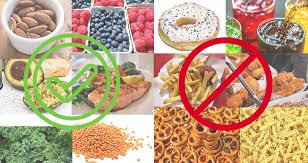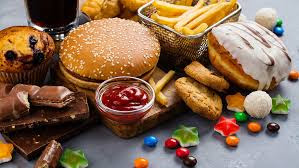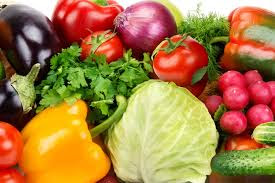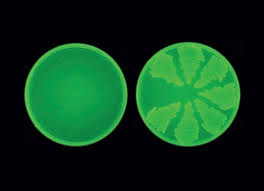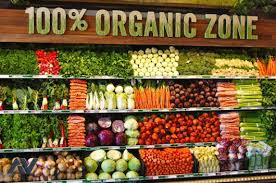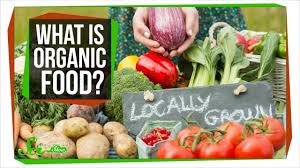Malshej Ghat Hill Station Resort | 7977153733 | Shivneri Junnar, Harichandragad, Naneghat, Jivdhan Farm House, Hotel Tent City.

Malshej Ghat Hill Station Resort | 7977153733 | Shivneri Junnar, Harichandragad, Naneghat, Jivdhan Farm House, Hotel Tent City. kokaneinternational-tourism.blogspot.com Contact- (91)-7977153733 Email-xoneyoza@gmail.com Maharashtra India. Couples, friends & Social Group. Malshej Farm house. Wild Animal park, Beautiful Mountain, Great Culture, Historical place. Malshej International Tour Farm. Near Shivneri fort, Malshejghat, Harichandragad, Lenyadri,Ozar, Naneghat, Jivdhan fort, Bhimashankar. Enjoy Weekend Life with Friends and Family. Email-onemumbai@gmail.com Whattup- (91) -7977153733 Tourist Car, Tourist villa,Bungalow available for stay. Email-onemumbai@gmail.com Whattup- (91) - 7977153733 Farmhouse is available near Mumbai and Pune for Film Shooting, Serial Shooting, Birthday Party, Event, Family Party, Friends Party Place. onemumbai@aol.com Call-7977153733 Malshej International Tour Farm.| 7977153733 | Near Shivneri fort, Malshejghat, ...
